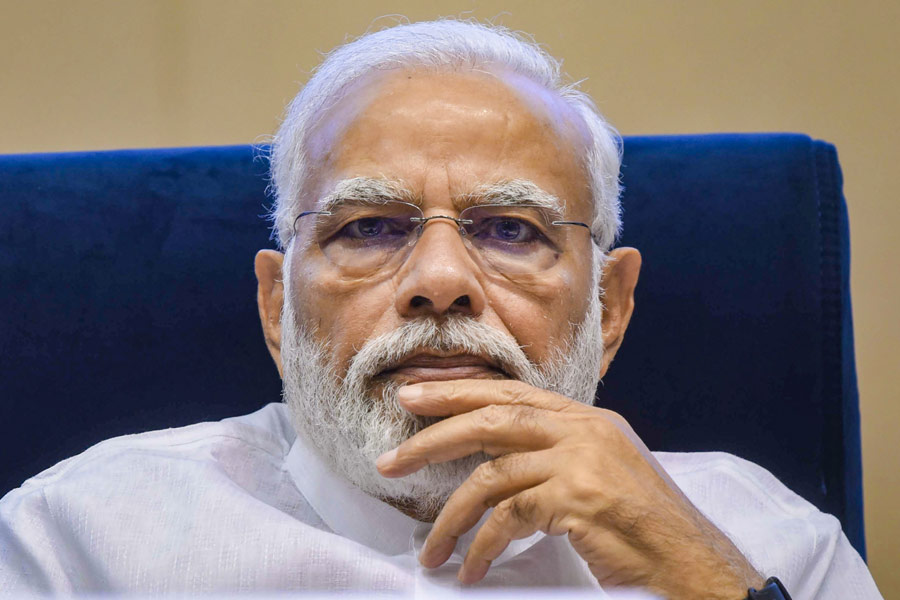Prime Minister Narendra Modi has acknowledged the prolonged border tensions with Beijing in a rare interview. Mr Modi’s acknowledgement is equally rare: this is a subject he has largely stayed away from despite growing concerns over Chinese incursions into Indian territory in recent years. Since June 2020, Indian and Chinese troops have engaged in a series of stand-offs in Ladakh, starting with the Galwan Valley clash in which 20 Indian soldiers and an unknown number of Chinese troops were killed. In the nearly four years following that deadly clash, Chinese soldiers have continued to enter Arunachal Pradesh, according to the local member of parliament from Mr Modi’s Bharatiya Janata Party. They have encroached into Indian territory in Ladakh, denying Indian soldiers patrolling rights and building infrastructure on land India insists belongs to it, according to multiple reports and local officials. Yet, Mr Modi and key members of his government, including the Union home minister and the minister of external affairs, have repeatedly insisted that India has not ceded an inch of territory to its northeastern neighbour. The prime minister’s latest comments are significant against this backdrop.
While Mr Modi has still not accepted any territorial loss to China, he emphasised the need for New Delhi and Beijing to urgently work to reduce tensions that have resulted in the largest deployment of troops to their border by both sides in decades. His comments reflect a recognition of the failure, so far, of the multiple rounds of negotiation led by military officials as well as the need for diplomats and political leaders to step in if India and China are to improve ties. The prime minister’s reference to the importance of India-China ties for the whole world suggests that New Delhi might seek to engage in high-level diplomatic dialogue with Beijing after the general election is over. Better relations between the neighbours are indeed in India’s interests: China is one of its biggest trading partners and the two nations ally tactically on occasion in pushing back against Western pressure on the Global South on issues ranging from climate change to trade rules. But Mr Modi’s repeated failure to name China as a territorial aggressor — domestic political reasons, his critics say, are the reason for his silence — has left Beijing in a stronger position on the negotiation table. For talks to work in India's favour, Mr Modi must fundamentally alter his strategy towards Beijing: he must be blunt with China and honest with his own countrymen.










